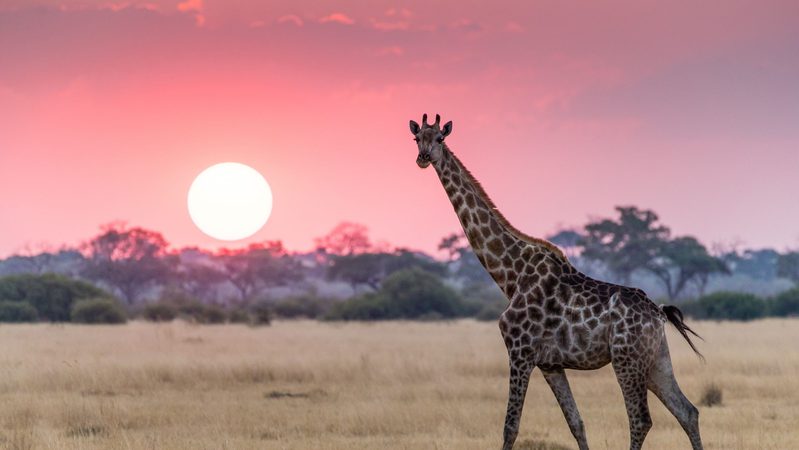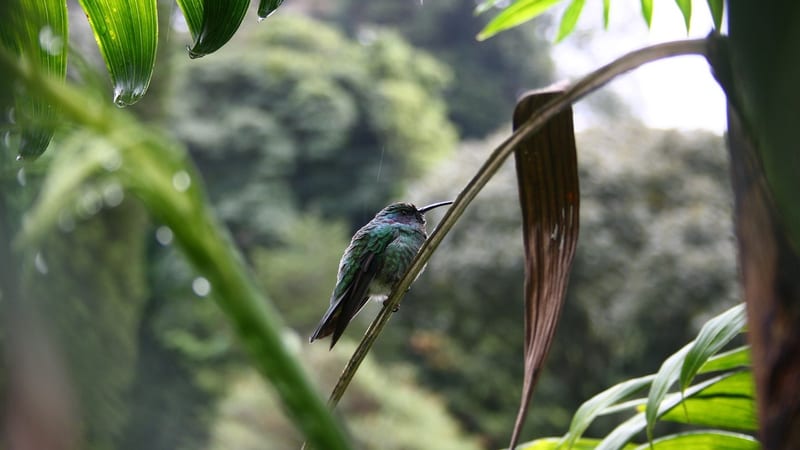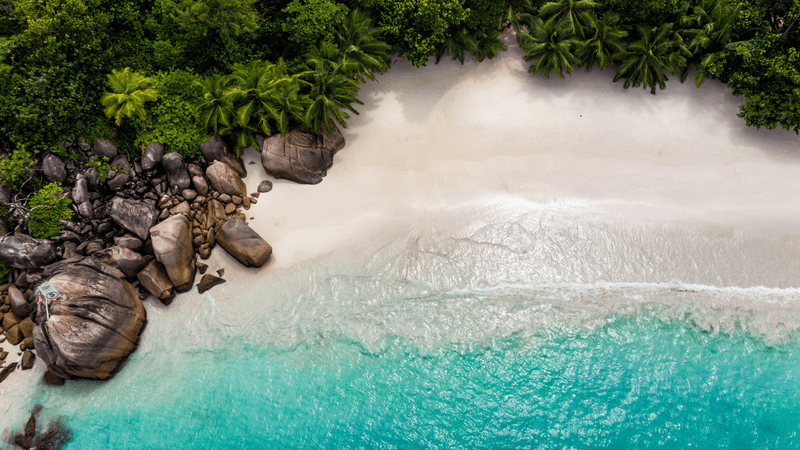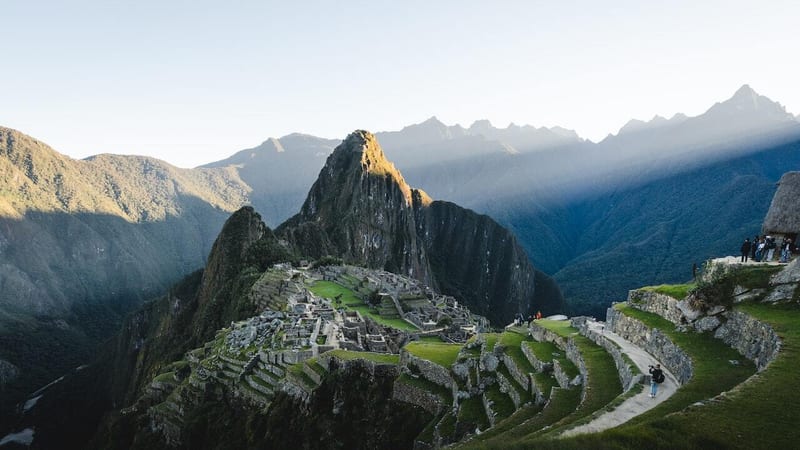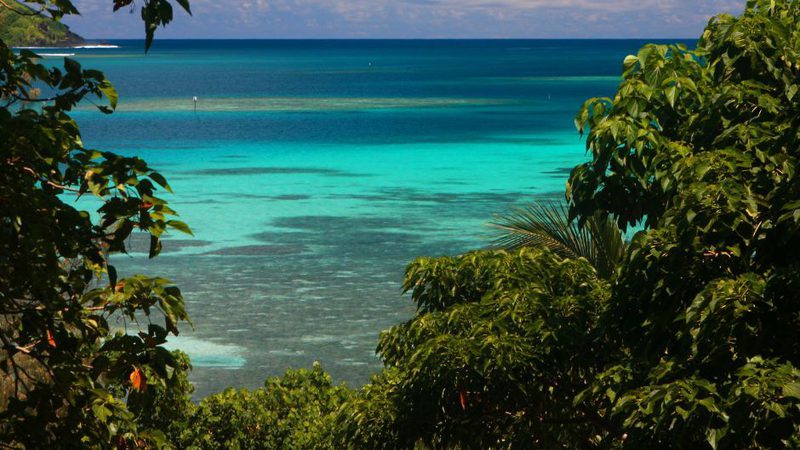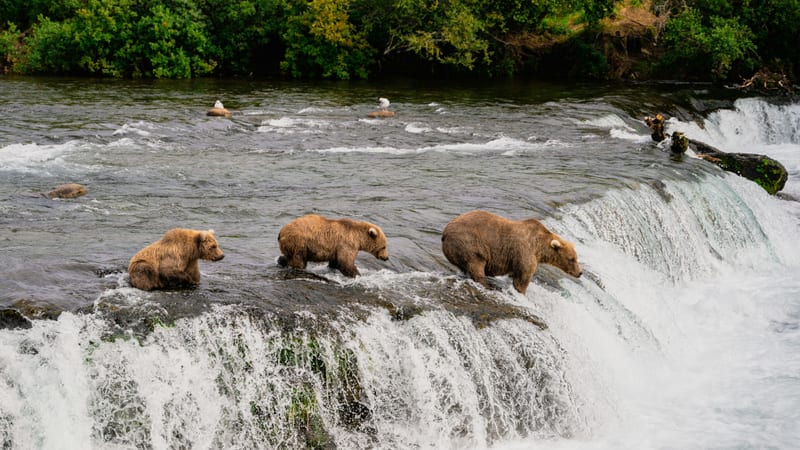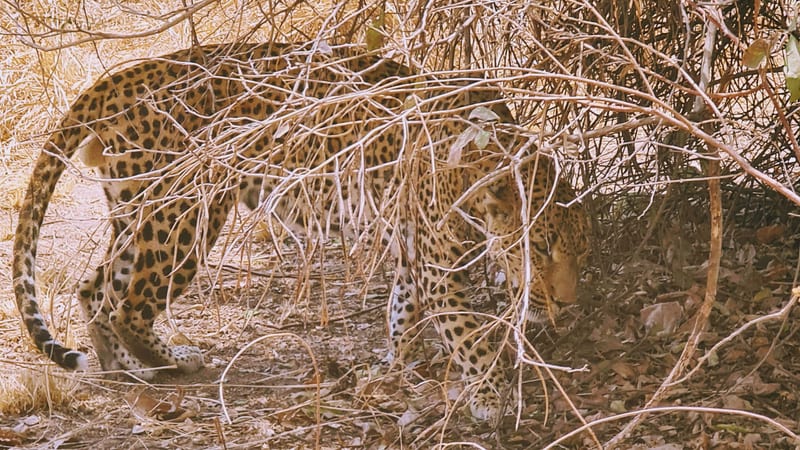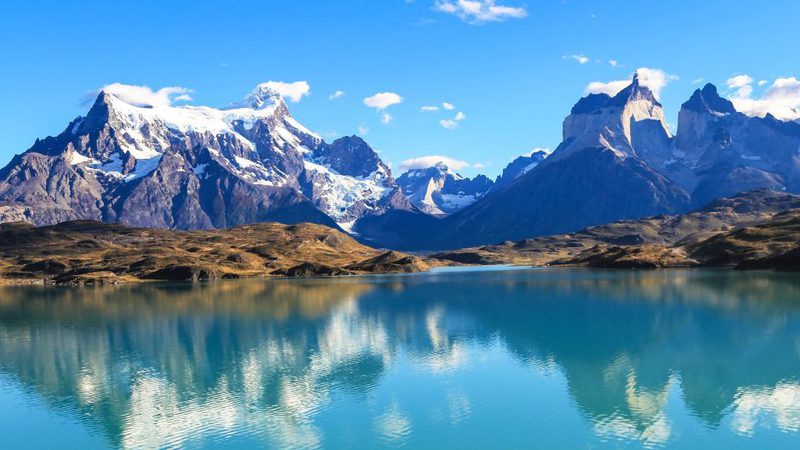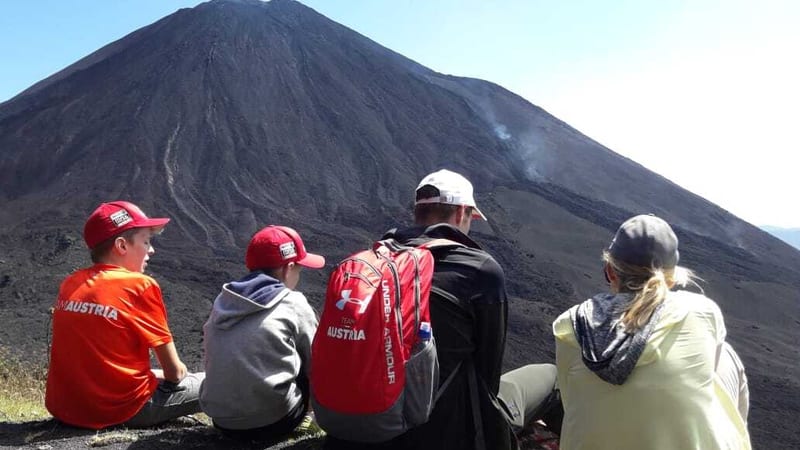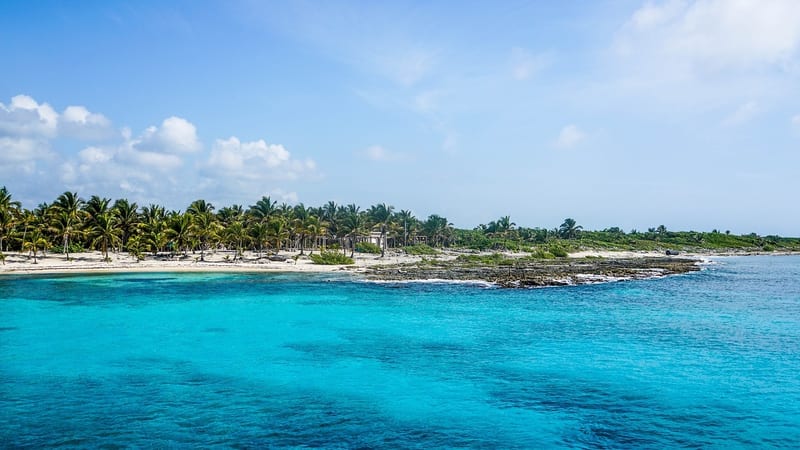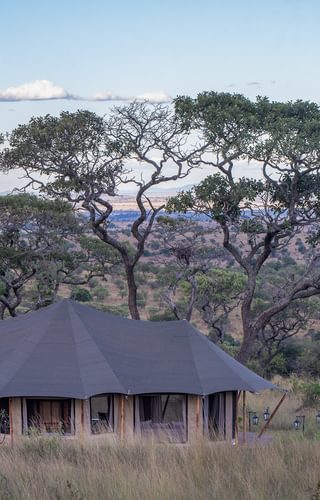Aurari Camp offers an exclusive safari experience, combining understated luxury with immersive wildlife encounters in the heart of the Serengeti.
Location Aurari Camp is strategically located in Tanzania's Kogatende region of the northern Serengeti, near the Mara River. This prime position provides front-row access to the world-famous Great Migration, where thousands of wildebeest and zebras cross the river in an awe-inspiring natural spectacle. Surrounded by the Serengeti’s golden plains and acacia-dotted landscapes, the camp delivers unparalleled tranquillity and proximity to nature.
Rooms The camp features six spacious and beautifully designed tents, blending modern comforts with classic safari style. Each tent includes an en-suite bathroom, king-size bed, and private veranda offering uninterrupted views of the Serengeti. Thoughtful touches, such as handcrafted furnishings and solar-powered amenities, create a harmonious balance between luxury and sustainability.
Amenities Aurari Camp offers a central lounge and dining area where guests can enjoy gourmet meals inspired by local and international cuisine. Evening campfires provide a magical setting for storytelling under the stars, while personalised service ensures every need is met. The camp’s design prioritises comfort and elegance, offering an intimate and serene atmosphere.
Activities Guests at Aurari Camp can embark on daily game drives with expert guides to explore the Serengeti’s abundant wildlife. Witness the dramatic river crossings during the Great Migration or spot iconic animals such as lions, elephants, and cheetahs. Sundowners, bush picnics, and hot air balloon safaris add an extra layer of adventure to the experience.
Sustainability Aurari Camp operates with a strong commitment to environmental stewardship. Powered by solar energy, the camp minimises its ecological footprint while ensuring a luxurious experience. Water conservation systems are in place, and waste is responsibly managed to protect the pristine Serengeti environment. The camp also supports local communities through employment opportunities and partnerships, contributing to the region’s economic and cultural well-being.
Best places to stay in Serengeti National Park
Serengeti National Park Trip Inspiration
When to go to Tanzania
Find out the best time to visit Tanzania with our month by month guide.
- Best
- Good
- Mixed
- Jan
- Feb
- Mar
- Apr
- May
- Jun
- Jul
- Aug
- Sep
- Oct
- Nov
- Dec
January
January is mixed when it comes to weather, temperatures rise whilst the chance of rain and humidity increases. It is still a good time to go, as the rates are lower yet the game viewing is still excellent.
- During this time migratory herds are in the Serengeti for calving season, meaning the Ndutu plains are busy.
February
The weather remains hot with a chance of rain in February.
- Meanwhile in the Ndutu Plains the migration is still occurring.
March
March is the calm before the storm, before heavy rains and humidity builds. Visitors can take great advantage of lower rates during the low season.
- Migrating herds start to leave Ndutu, heading West towards Grumeti.
April
April experiences continued periods of heavy rain, we would advise against travel due to the conditions.
May
During may there is periods of heavy rain, we would advise against travel due to the conditions.
June
June heralds the wet season, bringing lush green vegetation which can make spotting game more difficult. It is a particularly great time for birders as parks become populated by migratory birds especially in the South.
- Migration is still in the Grumeti area, heading north.
July
July is the start of peak season, temperatures reach up to 30 degrees and the surrounding land becomes drier and spotting game is becoming easier.
- The migration is in the Northern Serengeti moving towards Kenya.
August
August is peak season, with bush land drying out game spotting becomes much easier. If you want to experience Tanzania game at its best, August is the time to travel.
- The migration still remains in the north.
September
Peak season continues in September, the Northern circuit can be very busy, if you want to avoid crowds it's best to visit the southern parks.
- The end of the migration is still in the north with herds on both side of the Kenyan and Tanzanian borders.
October
Peak season continues into October with good game viewing in the Serengeti and southern parks.
- The migration has now crossed over into Kenya.
November
November is the start of the rainy season, the rains tend to be overnight so it is still a popular time to travel. During this month you can take advantage of low season rates.
- Migration crossing over into the Serengeti can be seen a the Tanzania and Kenya border.
December
Rains continue in December, whilst the temperature and humidity start to build. Venturing out on safari is generally good, with large game still easily spotted.
- Migrating herds in the north travel south back to Ndutu.
Speak to a Tanzania expert today
and start planning your tailor-made holiday

Alistair


